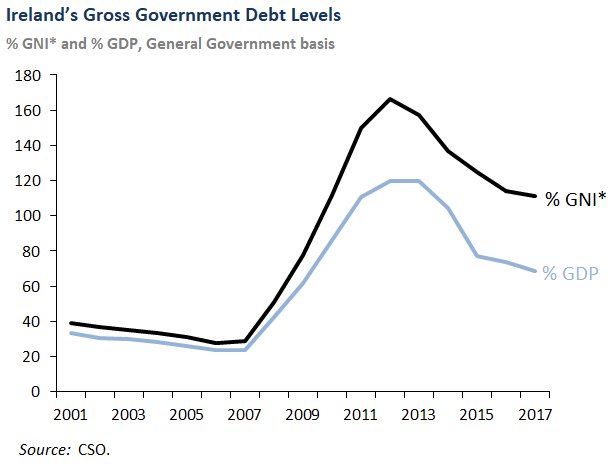State enforced poverty on the way
Leo Varadkar has said that in the next budget the carbon tax will have to increase to meet our climate change obligations. At the same time, he said that there would be increases in social welfare expenditure further contributing to our unsustainable government spending and debt bubble.
The carbon tax rate is currently €20 per tonne, the Unelected Citizen's Assembly have called for it to be raised to € 70. It will lead to an increase in heating and motor costs at a time when electricity bills have also increased and are among the highest in Europe, hitting the poor the most. In essence, this is the Irish government enforcing poverty on the Irish people through constant meddling in the energy market with taxes and levies, in defiance of the Irish Constitution which states that :
The State pledges itself to safeguard with especial care the economic interests of the weaker sections of the community, and, where necessary, to contribute to the support of the infirm, the widow, the orphan, and the aged.
Varadkar says he will implement "complimentary measures" for those worst effected by the carbon tax. A case of the government trying to solve problems that itself has created, at the expense of the taxpayer, of course.
|
At the same time, they are hypocritically backing the push from big corporations for power guzzling data centres which ESB Networks recently said would lead to a significant surge in demand for electricity generation :
"over the past five years new users - largely data centres - have used capacity on the network that historically would have catered for 30 years load growth. To put it in context, the current load in Dublin is around 1,200MW with potentially more than 1,000MW of data centre requirements to be connected".
The Grange Castle area in West Dublin has seen a raft of applications for data centres. To power them, at least two gas power stations are planned for Grange Castle and Clondalkin which will drastically increase emissions.
The Climate Change Advisory Group which includes economist John Fitzgerald of ESRI claim we need to reduce emissions by 1 million tonnes of carbon per year. This is impossible with the planned data centres in the pipeline.
Last year, total CO2 emissions from power stations in Dublin were 2.1 million tonnes (EPA). Using the above ESB figures, this means that an extra 1,000MW of data centres would lead to additional emissions of 1.8 million tonnes. The current generation fleet in Dublin is all gas powered, and it is assumed that the new generators would also be gas powered (one of the planned generators in West Dublin has said they will convert to biogas in 5 years - lets see, why not commence with biogas and save conversion costs?).
So everyone is ignoring the elephant in the room and acting like a carbon tax will have an impact on our emissions, when in fact a limit on the number of data centres would have the most significant impact on reducing emissions. Our government somehow manages to worship at the alter of multinationals and genuflect to the climate god at the same time.
There are currently no politcal parties that I know of who oppose the carbon tax. Surely a great political opportunity to be had.
From the Sunday Times:
• https://www.thetimes.co.uk/edition/ireland/dublins-big-data-centres-devour-all-the-power-tbq3xdfh2
